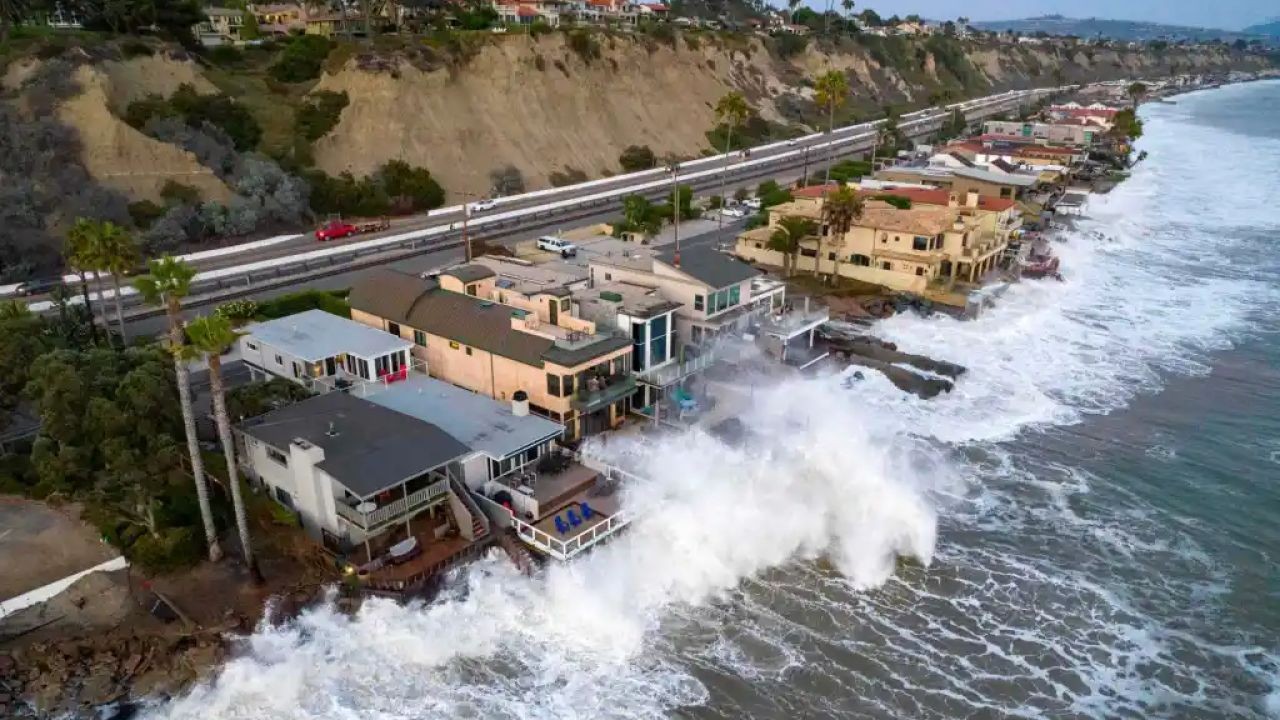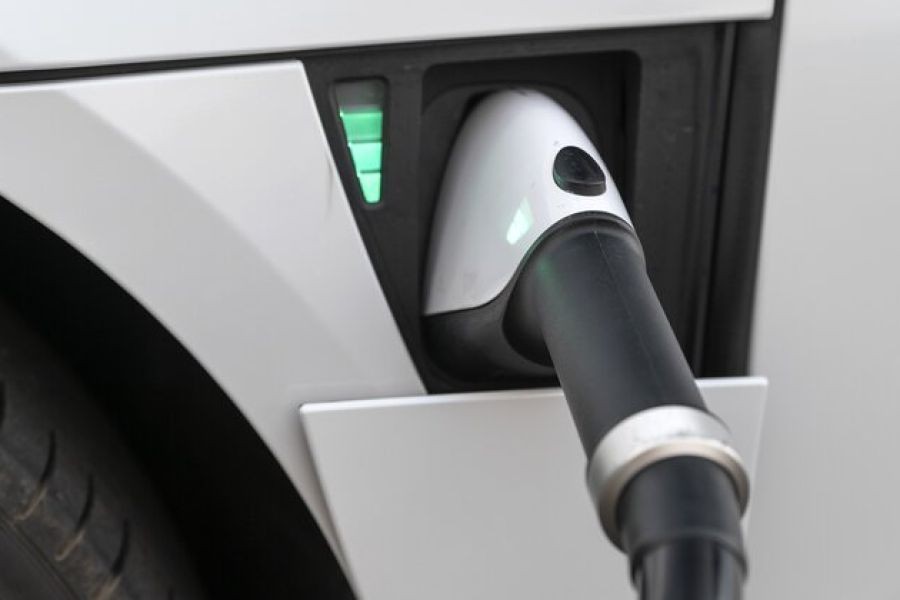In the face of rising global temperatures and increasing environmental threats, New Zealand's climate policies are under scrutiny. With its iconic landscapes and rich biodiversity, the country's commitment to combating climate change holds both local and global significance. However, questions arise about whether New Zealand's efforts are robust enough to make a meaningful impact on a global scale.
Understanding New Zealand's Climate Policies: A Critical Overview
New Zealand has made strides in climate policy, notably the Zero Carbon Act, which aims to reduce all greenhouse gases (except biogenic methane) to net zero by 2050. This legislation also sets a target to cut biogenic methane emissions by 24-47% by 2050. Yet, critics argue that these targets may not suffice in light of the accelerating climate crisis. According to a report by the Ministry for the Environment, New Zealand's total greenhouse gas emissions were 80.9 million tonnes of CO2 equivalent in 2020, a slight decrease from previous years but still a concerning figure.
Case Study: New Zealand’s Dairy Sector - Balancing Economic Growth and Environmental Responsibility
The dairy industry is a cornerstone of New Zealand's economy, contributing significantly to GDP and employment. However, it is also a major source of methane emissions. Fonterra, the world's largest dairy exporter, has initiated a series of sustainable practices to reduce its environmental footprint. By adopting methane-reducing feed additives and investing in renewable energy, Fonterra aims to cut emissions. Despite these efforts, a report by the Parliamentary Commissioner for the Environment highlights that the sector needs more aggressive measures to align with the country's climate goals.
Global Comparisons: Is New Zealand Trailing Behind?
To assess New Zealand's climate commitment, it is essential to compare its efforts with those of other nations. For instance, the European Union has committed to reducing greenhouse gas emissions by at least 55% by 2030. Meanwhile, New Zealand's targets appear less ambitious, raising concerns about its global competitiveness in the emerging green economy. According to the Climate Action Tracker, New Zealand's policies are rated as "insufficient," highlighting the need for more robust action.
Pros and Cons of New Zealand's Climate Strategy
✅ Pros:
- Legislative Framework: The Zero Carbon Act provides a clear roadmap for emission reduction.
- Renewable Energy Investments: New Zealand generates over 80% of its electricity from renewable sources.
- International Collaboration: The country participates in global climate agreements and initiatives.
❌ Cons:
- Insufficient Targets: Critics argue current targets lack the urgency required for impactful change.
- Economic Dependence: Heavy reliance on agriculture complicates emission reduction efforts.
- Policy Gaps: There is a need for more comprehensive policies addressing industrial emissions.
Debunking Myths: Common Misconceptions about New Zealand’s Climate Commitment
Myth: "New Zealand's geography makes it naturally resilient to climate change." Reality: Despite its remote location, New Zealand faces significant climate risks, including rising sea levels and increased frequency of extreme weather events, as reported by NIWA.
Myth: "The agricultural sector can't reduce its emissions without harming productivity." Reality: Innovative practices, such as precision agriculture and methane inhibitors, demonstrate that emission reductions can coexist with productivity growth.
Future Trends and Predictions: What Lies Ahead?
By 2030, New Zealand is expected to see a significant shift towards sustainable agriculture, supported by advancements in agritech. A report by AgResearch predicts a 30% increase in the adoption of low-emission technologies. Additionally, the government is likely to implement stricter regulations on industrial emissions, aligning with global trends. This transition poses both challenges and opportunities for property developers in New Zealand, who will need to adapt to new sustainability standards and consumer expectations.
Conclusion: Are New Zealand’s Efforts Enough?
The journey towards a more sustainable New Zealand is complex and multifaceted. While the country has taken meaningful steps, there is a pressing need for more ambitious targets and comprehensive policies. For property developers, this evolving landscape offers both challenges and opportunities. By embracing innovative solutions and sustainable practices, the sector can play a pivotal role in shaping a greener future.
Final Takeaway & Call to Action
Want to stay ahead in New Zealand’s evolving property market? Subscribe to our newsletter for the latest insights on sustainability trends and investment opportunities!
People Also Ask
- How does climate change impact New Zealand's agriculture? Climate change affects crop yields and livestock productivity, but adopting sustainable practices can mitigate these impacts.
- What are the main challenges New Zealand faces in reducing emissions? The primary challenges include the agricultural sector's emissions and the need for more comprehensive industrial policies.
- How can property developers in New Zealand incorporate sustainability? By integrating green building practices, using sustainable materials, and optimizing energy efficiency, developers can significantly reduce their environmental footprint.
Related Search Queries
- New Zealand climate change policies 2024
- Impact of climate change on New Zealand agriculture
- Zero Carbon Act New Zealand
- Sustainable practices in New Zealand
- Renewable energy in New Zealand
- New Zealand's greenhouse gas emissions
- Global climate change comparisons
- Fonterra sustainability initiatives
- Climate Action Tracker New Zealand
- Future of New Zealand property development
































Doobie District
10 months ago